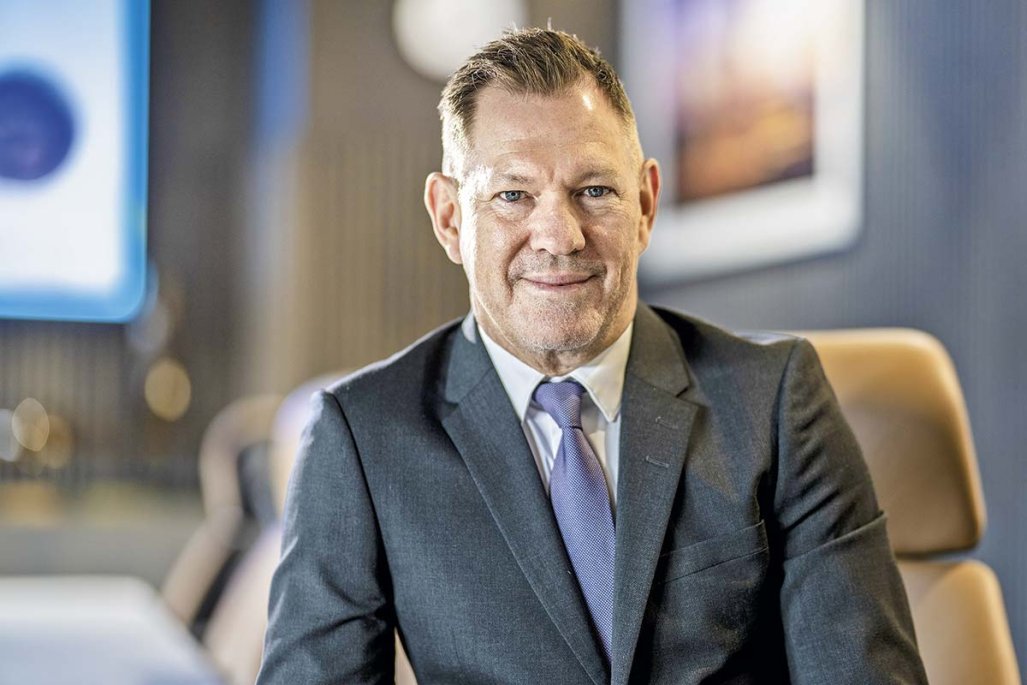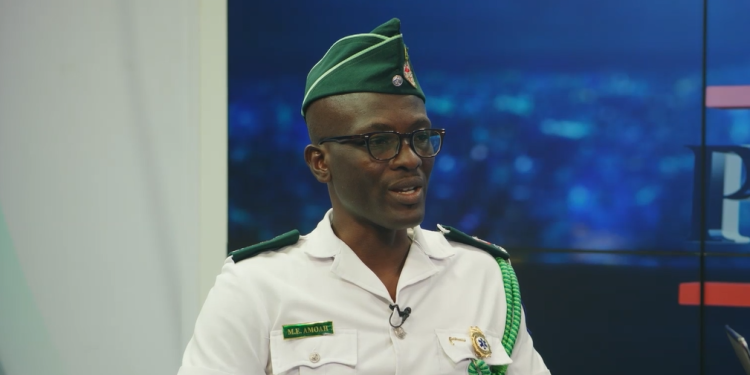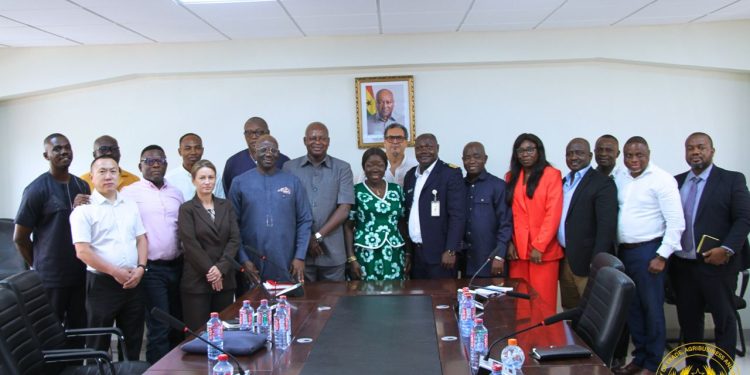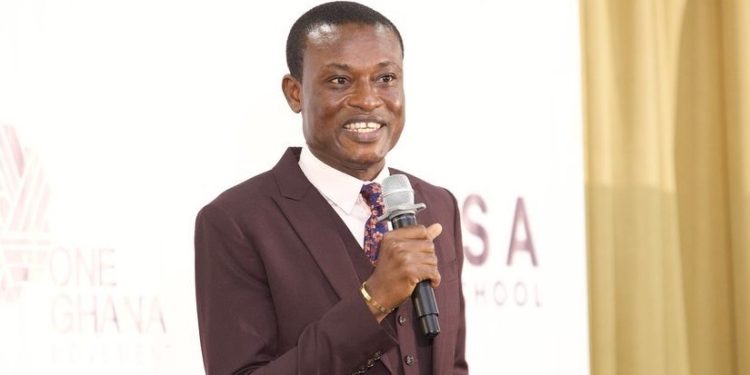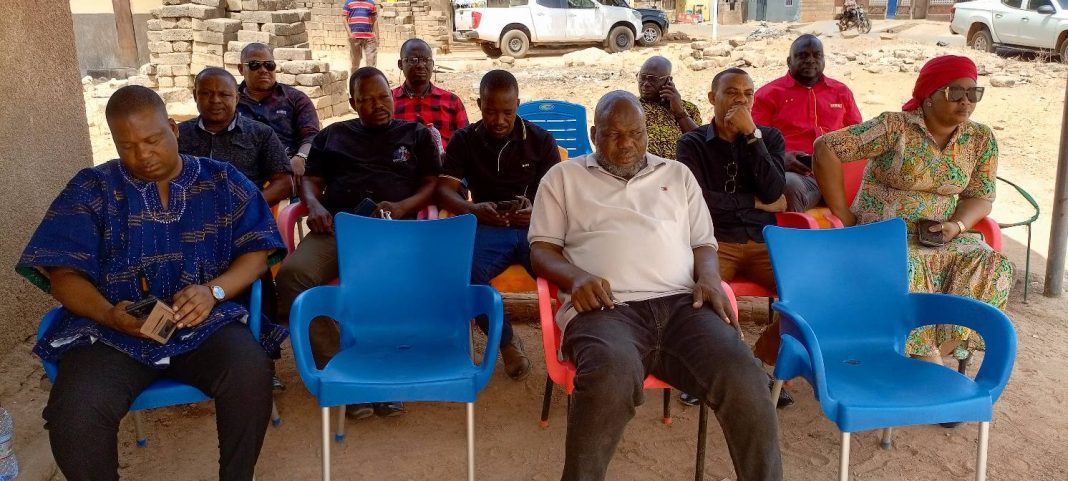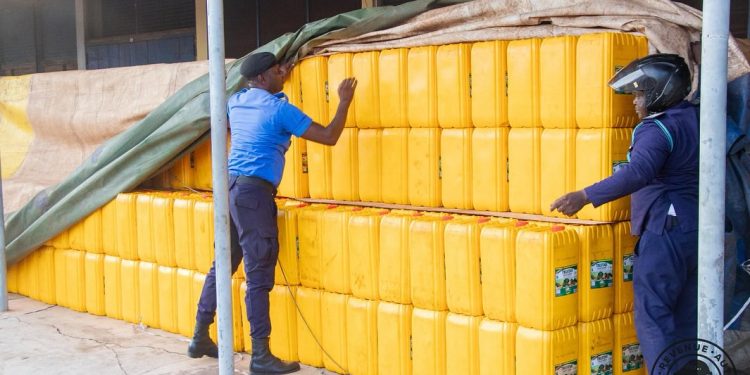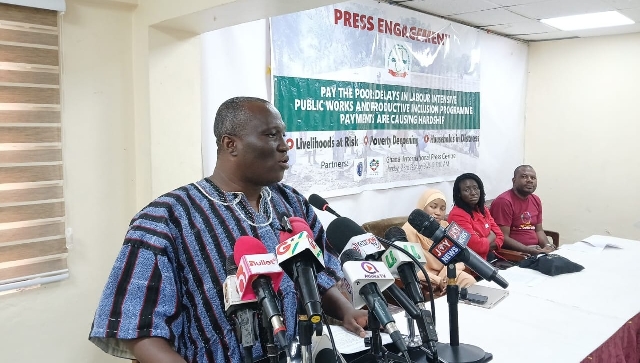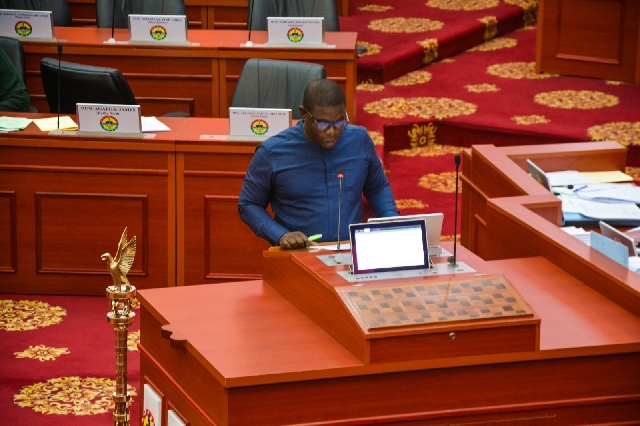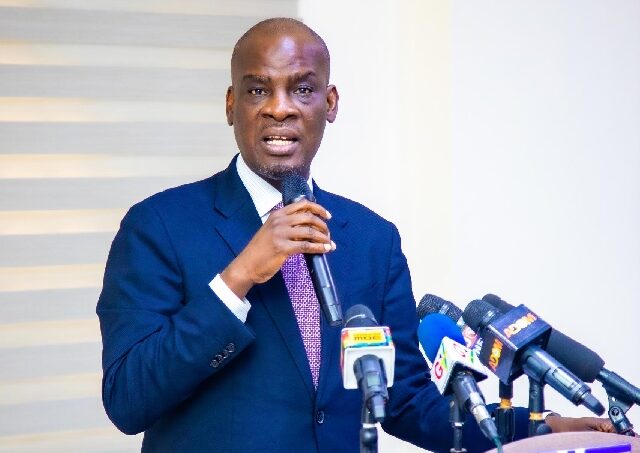In the Nabdam District of the Upper East Region in Ghana, a Pelungu woman named Kolama Sampana found herself at the center of a distressing situation when she was accused of being a witch by a fellow community member. In a documentary entitled “THE HORRORS OF WITCHCRAFT ACCUSATION,” produced by Ngamegbulam Chidozie Stephen, Kolama shared her ordeal, emphasizing her lack of knowledge about witchcraft.

This case highlights a concerning trend in the northern part of Ghana, where witchcraft accusations and subsequent acts of lynching have become alarmingly common. It puts the lives of elderly men and women within the society at risk, as they are often perceived as vulnerable and accused of being witches.
Kolama’s experience began when she was called to the chief’s palace, where she found herself confronted by six individuals and a prophet. The chief informed her that she had been accused of spiritually bewitching a woman’s son and the chief himself, allegations she vehemently denied. The accuser claimed to have received this information from the pastor during a church service and also alleged that she had witnessed Kolama bewitching her son. Despite Kolama’s consistent denials, the accusations persisted, leading to the suggestion of consulting a soothsayer.
Kolama refused to take an oath or accompany them to the soothsayer, firmly asserting her innocence and demanding evidence to prove otherwise. However, a subsequent visit to the chief’s palace only intensified the accusations. Kolama challenged the accuser and suggested that if they truly believed she was a witch, the prophet should pray for her or ask the accuser’s mother to confess. However, the chief rejected this suggestion, and instead of praying for them, they decided to consult a soothsayer who provided a concoction to drink.
Interestingly, after consuming the concoction, Kolama and the other accused woman were declared not guilty. Nevertheless, they were asked to contribute more money to find a different soothsayer, but they could not afford it. Luckily, Kolama’s brother intervened, bringing the matter to the attention of the police in Bolgatanga. The police investigated the case, and the chief was instructed to return all the items, money, and animals acquired from Kolama and the other accused woman.
Reflecting on the experience, Kolama expressed her frustration with the false accusations and urged people to refrain from labeling others as witches. She highlighted the importance of treating each other as equals, as we are all creations of God. While Kolama feels safe in her community, she no longer enjoys the freedom she once had due to the lingering stigma surrounding the accusations.
In the midst of this ordeal, Kolama’s husband, Mr. Sampana Sapak, stood by her side, expressing his deep sadness and pain over the unjust accusations against his wife.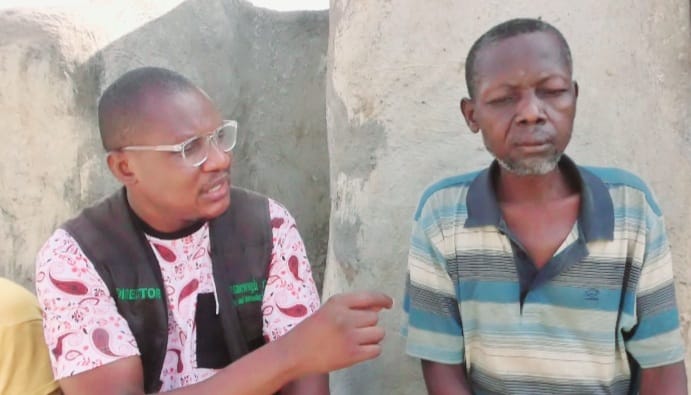
He attested to their peaceful marriage and vehemently denied any knowledge of her being a witch. The comments and judgments passed by others when he was out in the community deeply affected him and made him feel disheartened.
This story serves as a powerful reminder of the danger and injustice posed by witchcraft accusations, particularly towards vulnerable individuals.

It urges society to reject such baseless allegations, treat everyone with respect and equality, and put an end to the rampant stigmatization that threatens innocent lives in northern Ghana.
The documentary was sponsored by MRG and with support by MPEC
Source: Ngamegbulam Chidozie Stephen
Please contact Apexnewsgh.com on email apexnewsgh@gmail.com for your credible news publications. Contact: 0256336062


